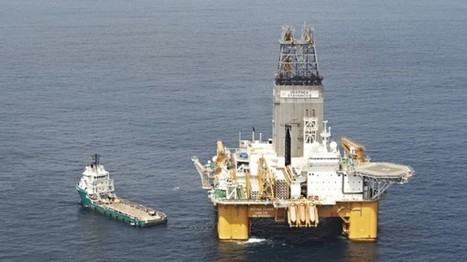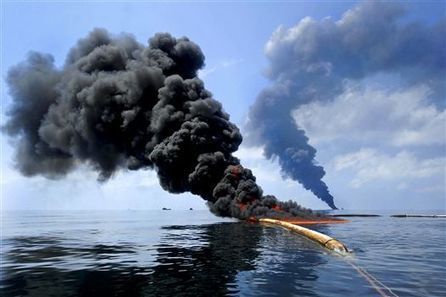Oil major supports "non confrontational" call from shareholders to disclose analysis of climate risk.
BP will advise shareholders to back a resolution on climate change at April’s annual general meeting.The resolution, similar to one endorsed by Shell last week, will force the company to reveal the risks climate action poses to its business plan. That is likely to heighten scrutiny on high cost projects like its “Sunrise” venture in Canada’s tar sands. Analysts say these could struggle to turn a profit as governments act to curb greenhouse gas emissions from fossil fuels.
Explaining the board’s reasons for accepting the resolution, a BP spokesperson said they saw it as “non-confrontational”. “It also gives us the opportunity to demonstrate BP’s current actions in the area and build on its existing disclosures in the area,” he added.



 Your new post is loading...
Your new post is loading...











Wow! This is potentially huge!